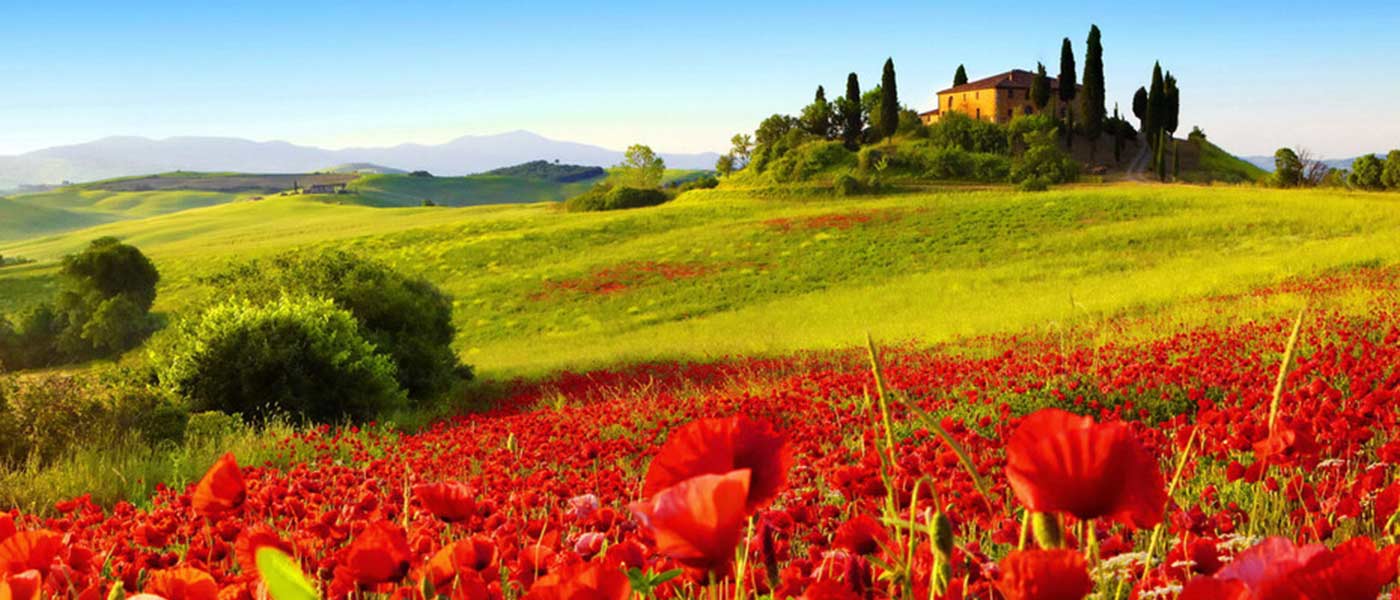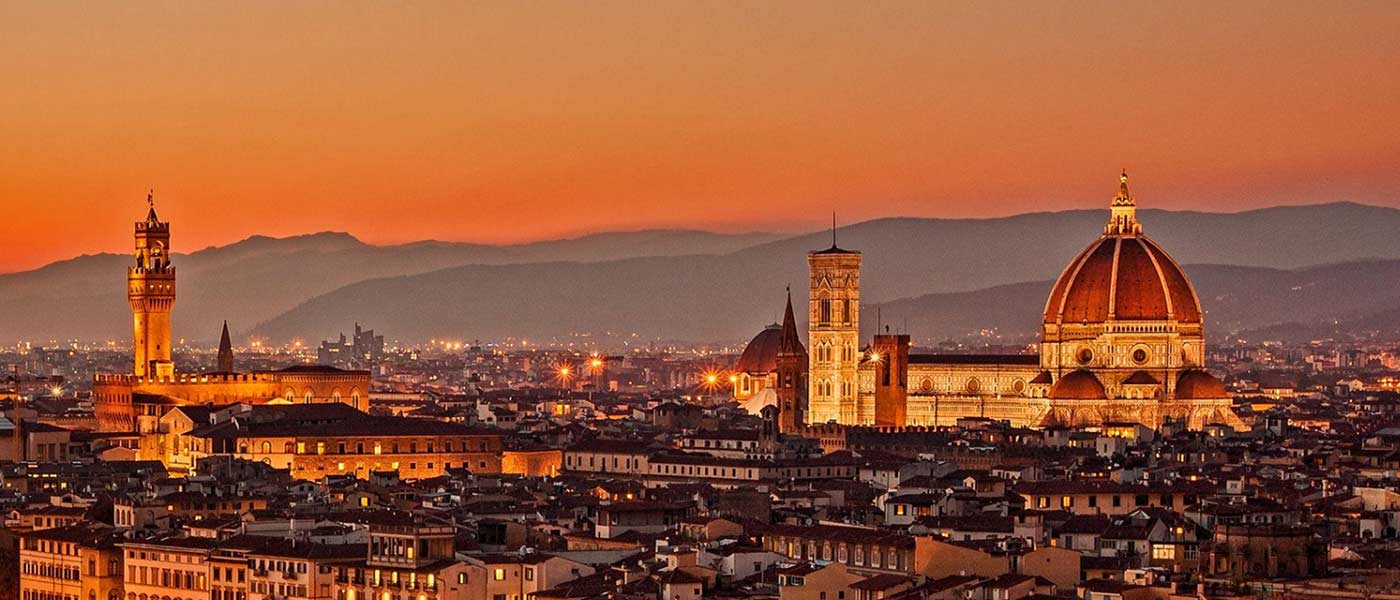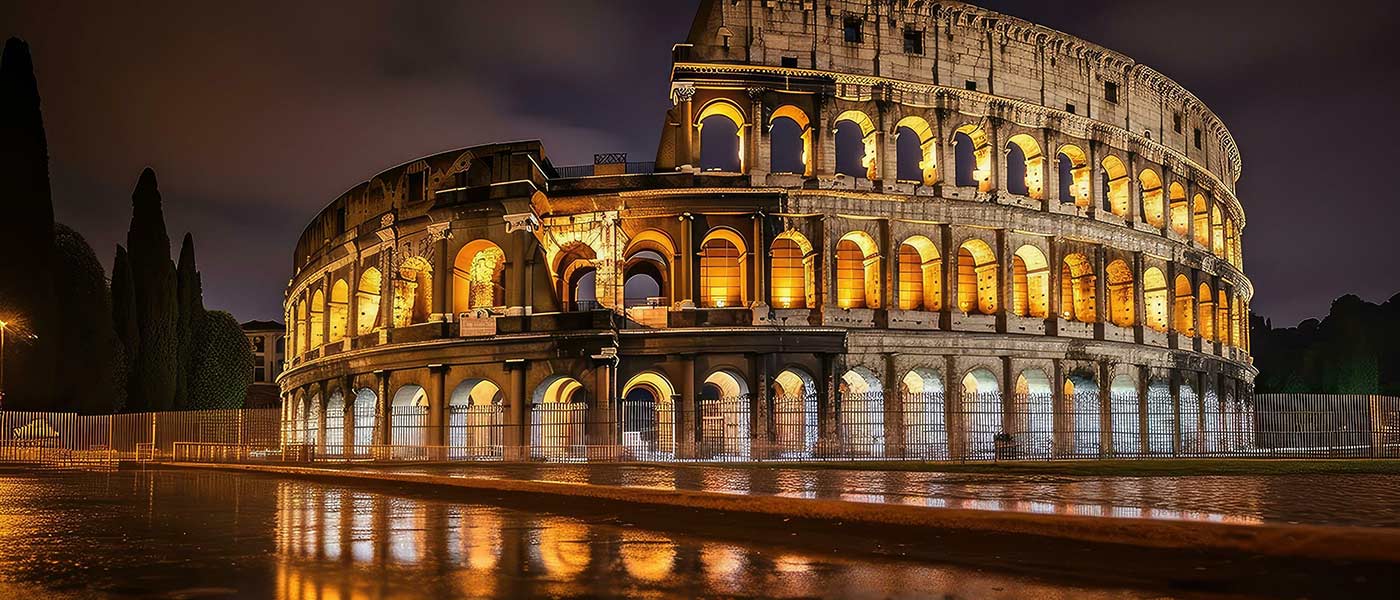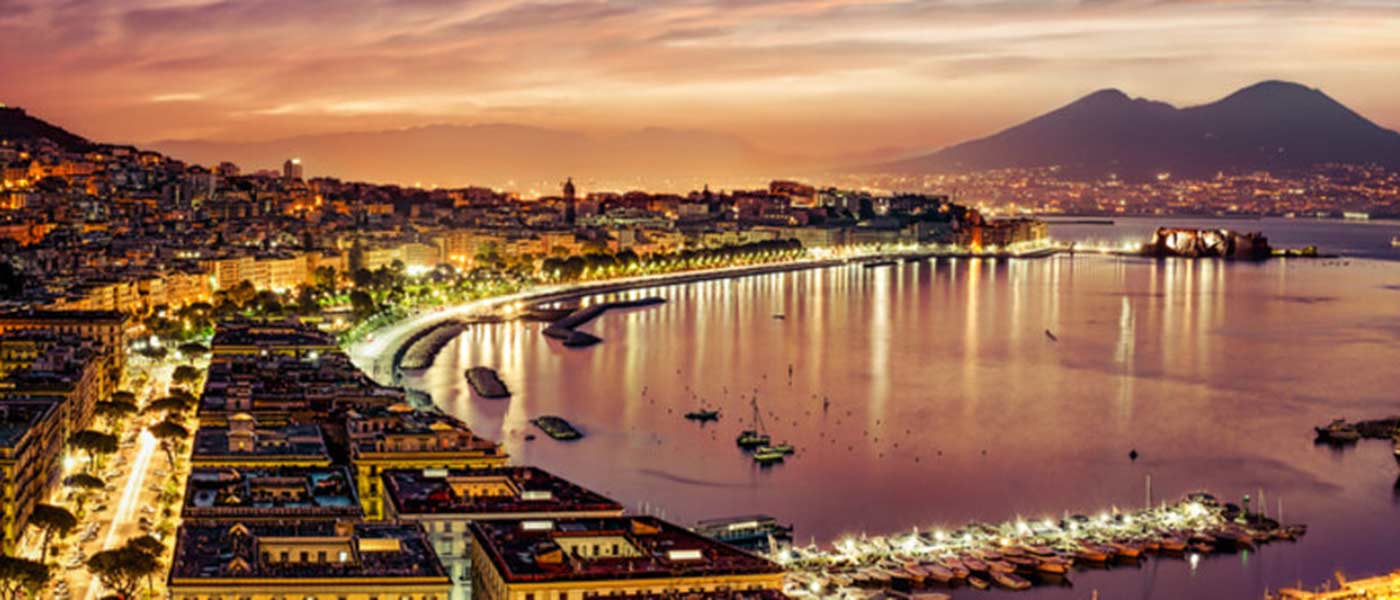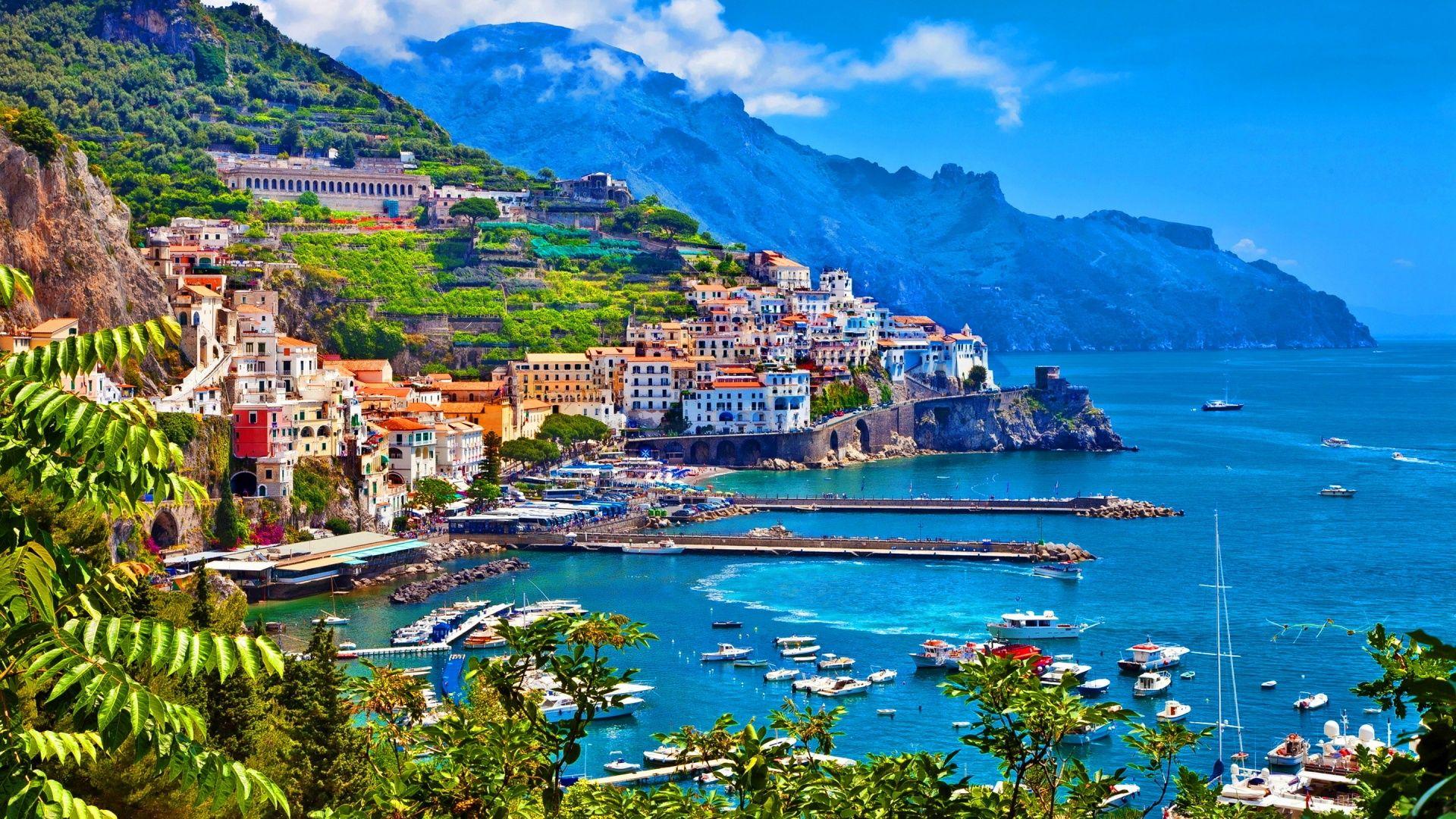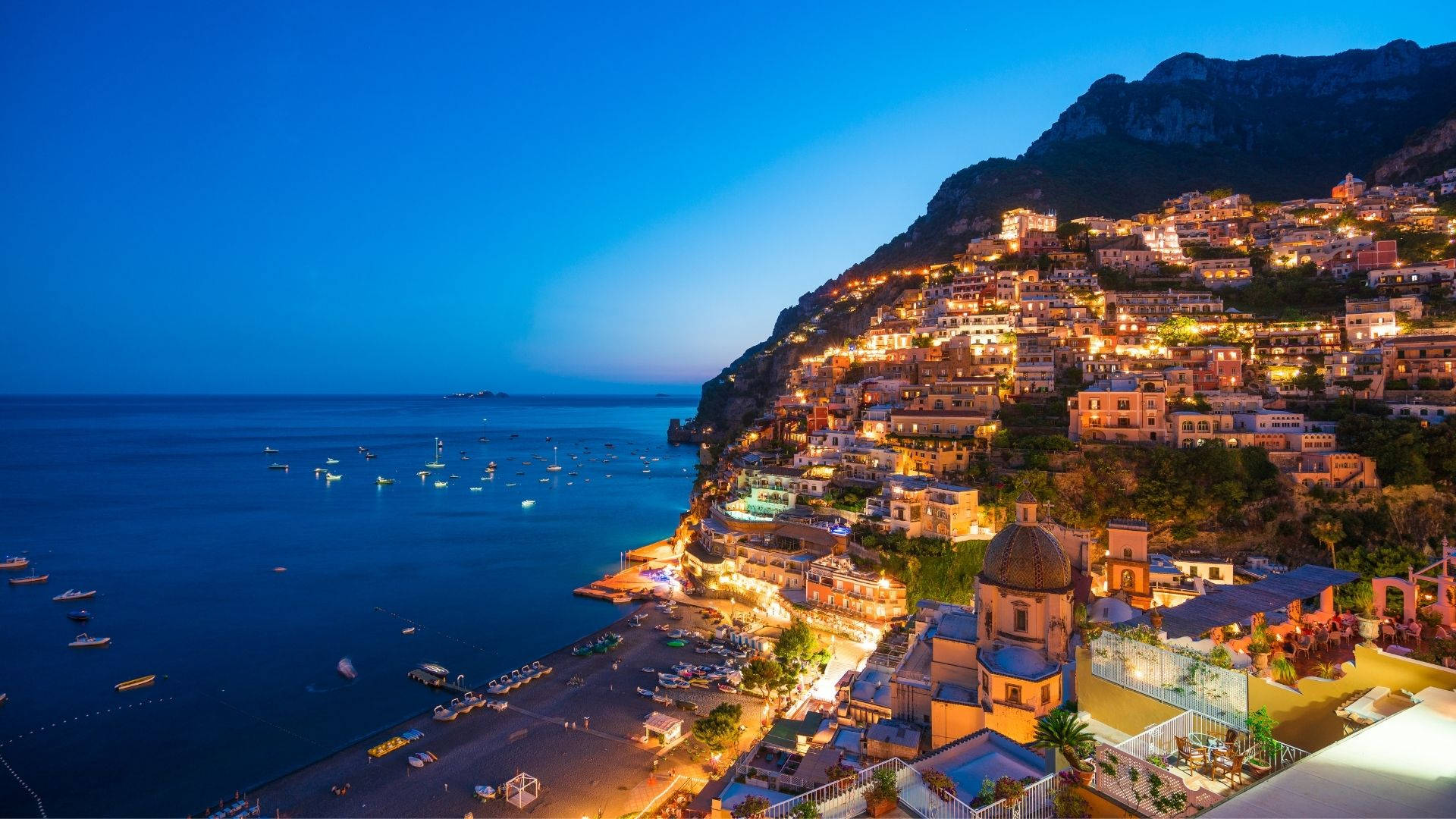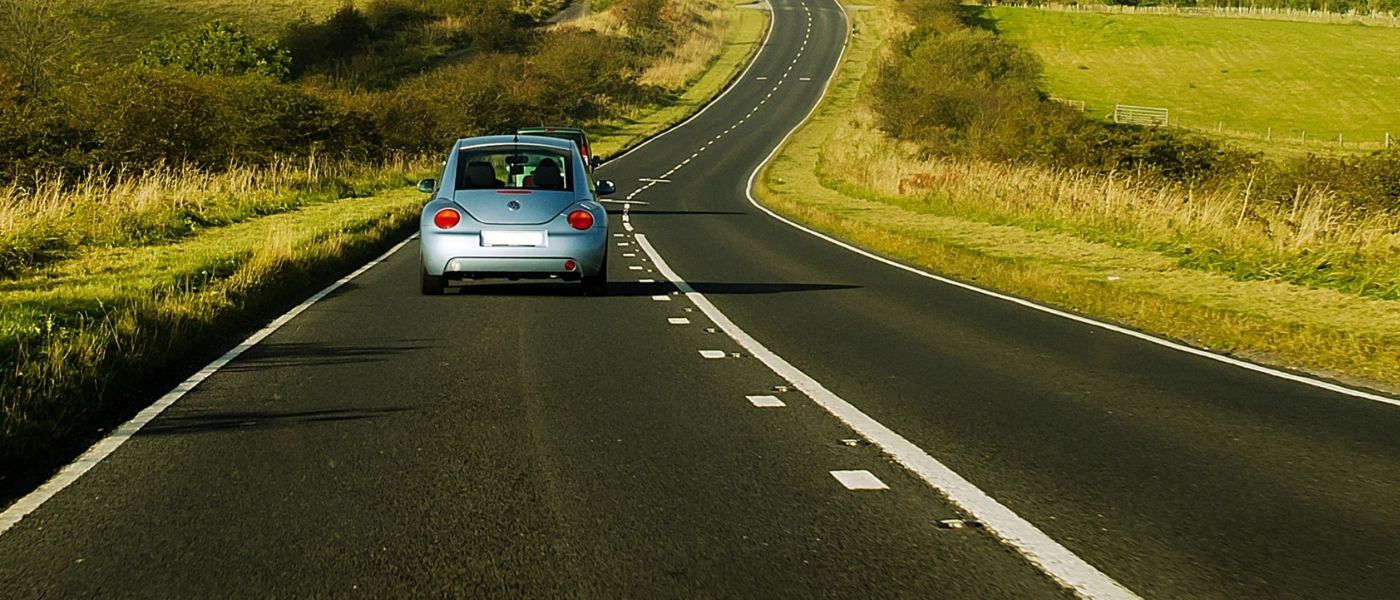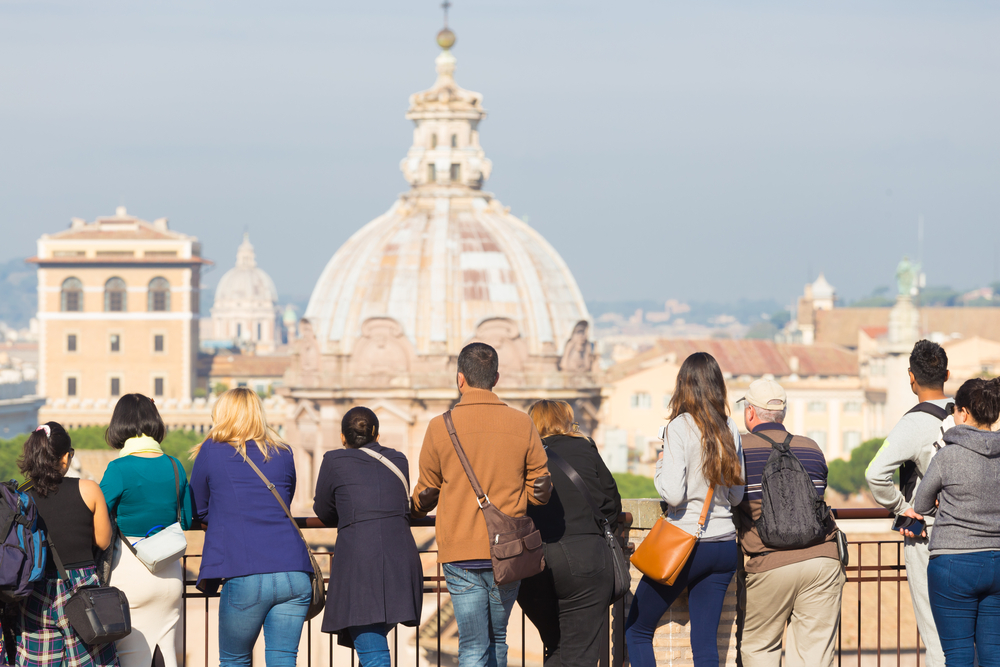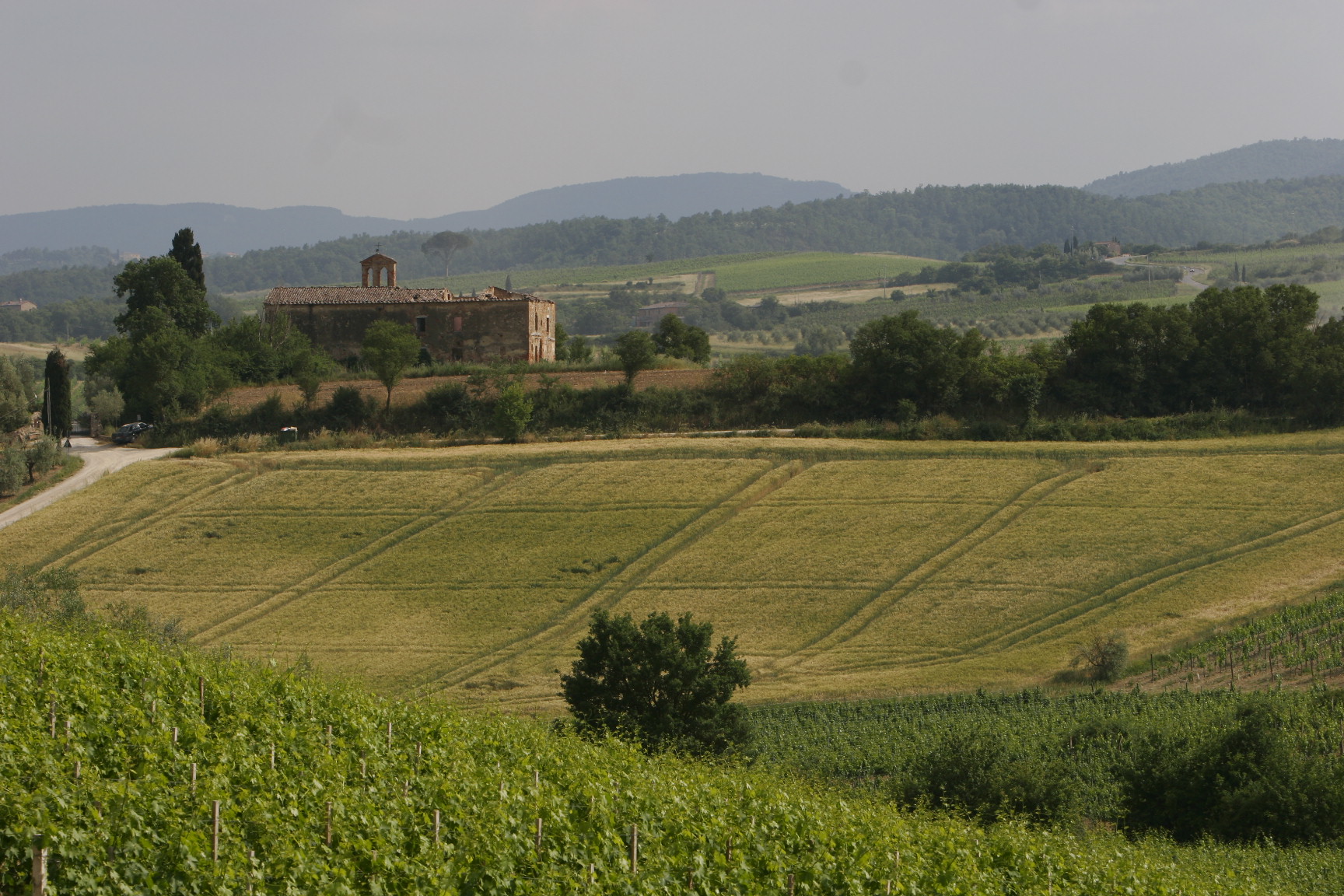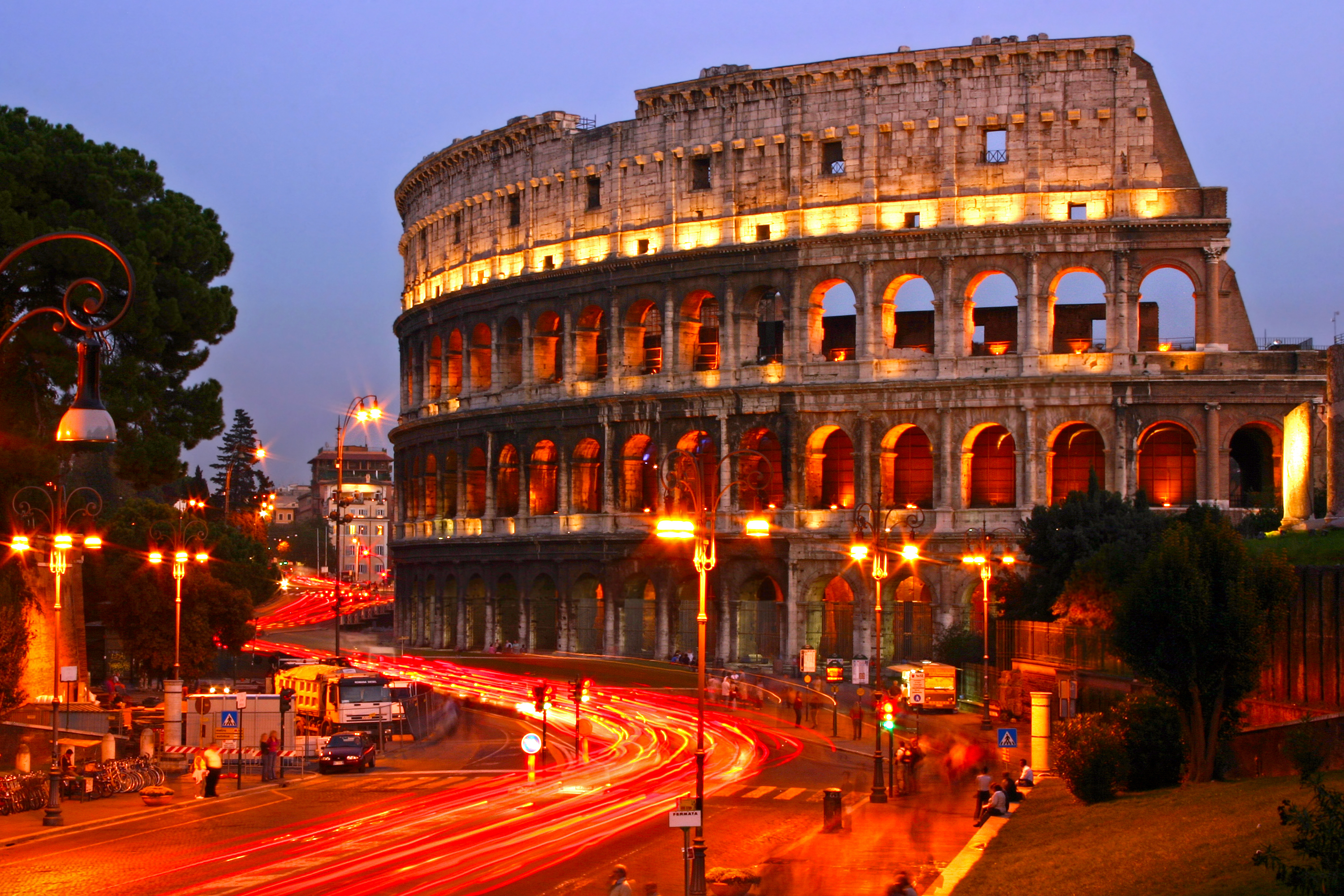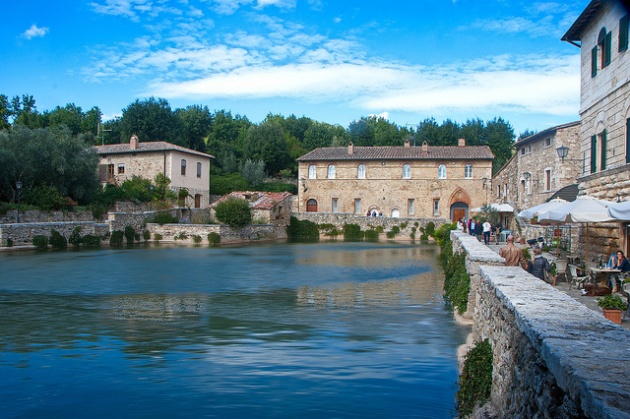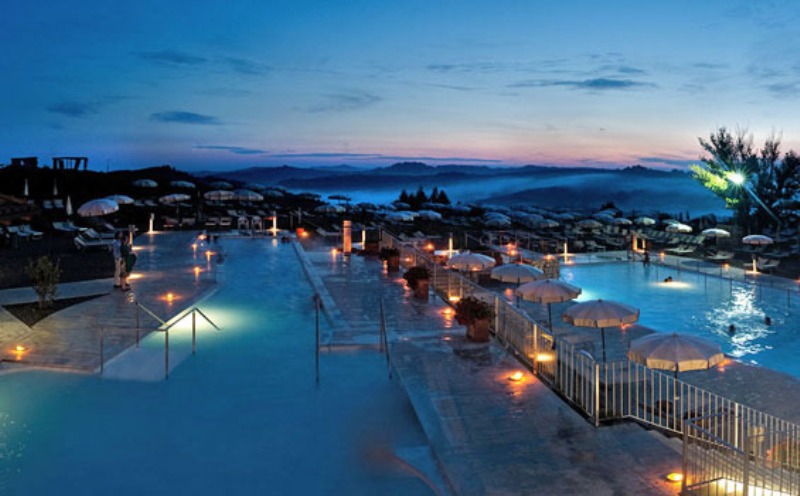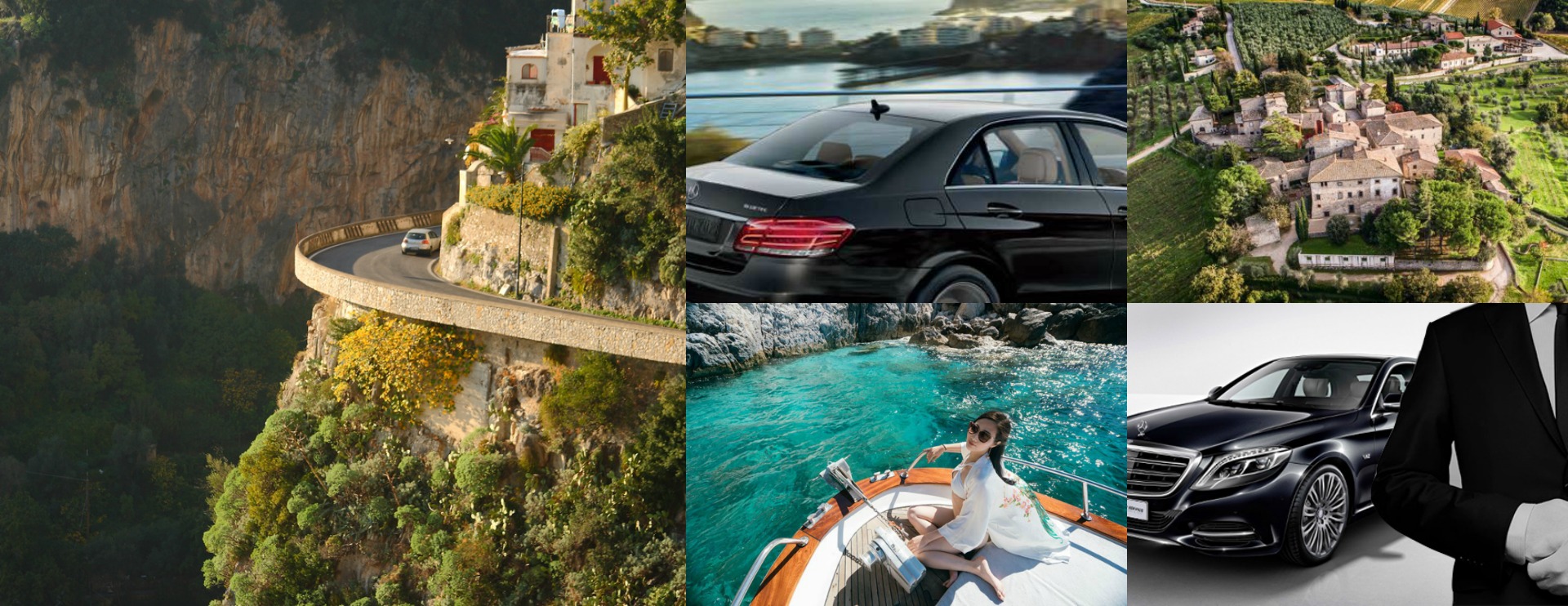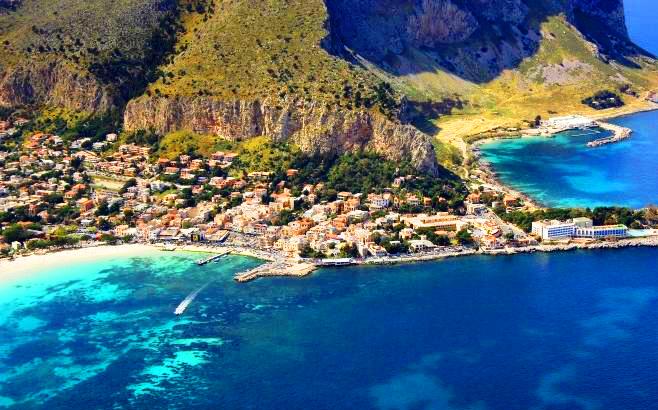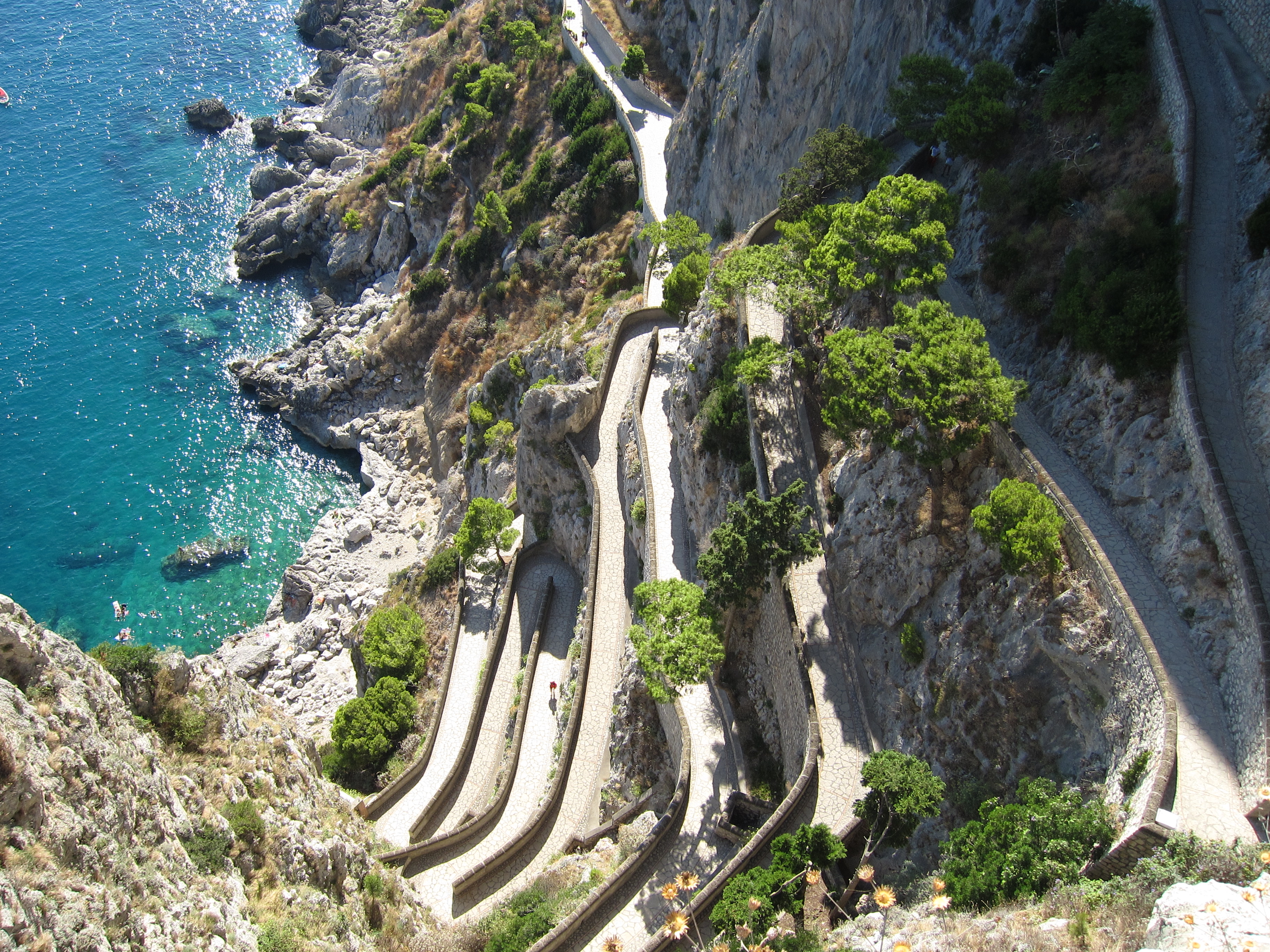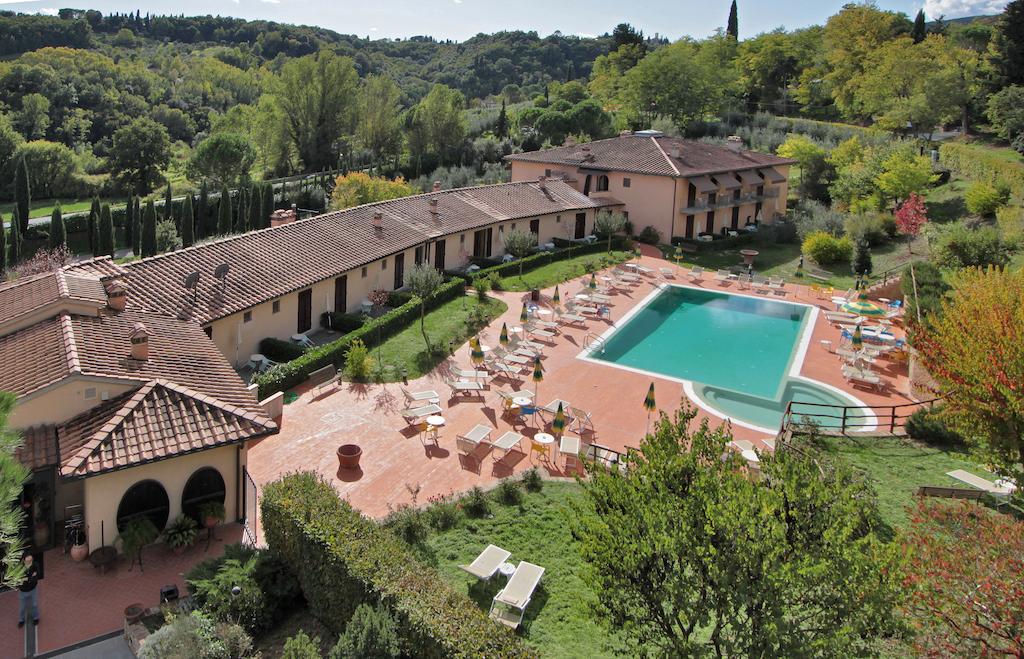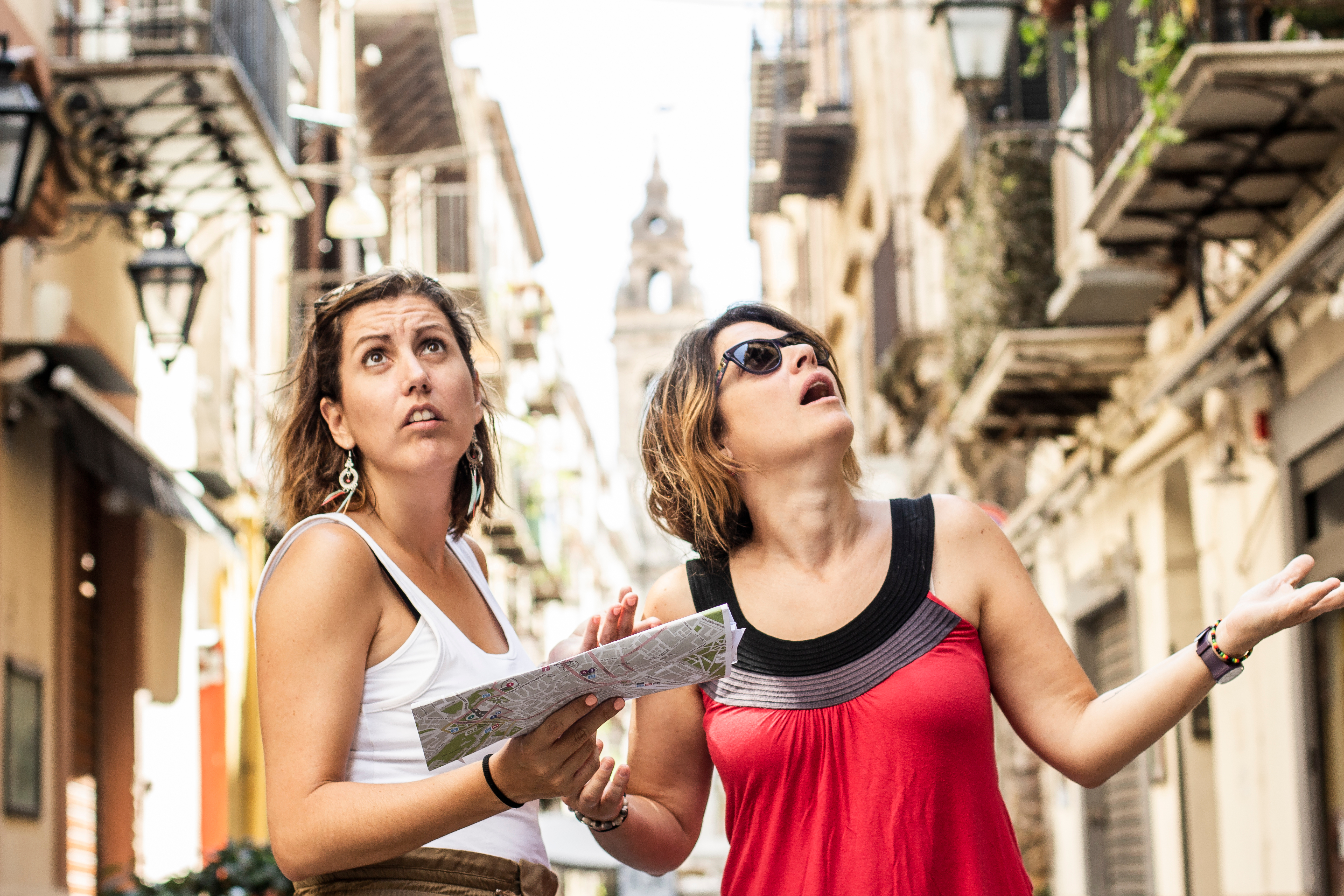For any traveler coming to Italy, this is a read you don’t want to miss. Knowing how to be an expert in Italy can save money, frustration, time and discomfort during your vacation. And who doesn’t want that?
-
Book early!

Those who book early usually pay less and experience less stress during their stay. Unlike other destinations which may offer ‘last minute’ discounted rates, Italy is no such place. Since it is in high demand year round, hotels, villas and other accommodations fill up sometimes years in advance. Similarly, the longer you wait to book flights and trains, the more the prices increase.
Once you arrive in Italy, it is also more difficult to book services like last minute day-trips. Why? The logistics involved.
Many guided tours where tickets are included work on a supply/demand ratio. The best guides usually get booked up quickly, so for the best quality of services including accommodations, drivers, rail fares and much else it really makes economical cents to book early. Take Positano on Italy’s Amalfi Coast or the Cinque Terre coast in the north. These places have a finite number of rooms and as supply goes down, prices go up. The same thing is true with rail, airfare and many other activities. Moral of the story? Book early to make sure you have the vacation of your dreams.
2. Take guide books with a grain of salt and go where they don’t to get the most authentic, least expensive and best experience!

Many writers for guide books like Lonely Planet and Fodors don’t live in Italy, yet millions of people read these books that struggle to keep up-to-date with the changing times here in Italy.
Most members of our team live and work in Italy, and we have noticed that a lot of the material published in guide-books is really out of date. Take, for example, tipping. Many guide-books say that tipping is not necessary at restaurants and the cover-charge is what compensates the waiters. This is not true. Though it is always less than tips would be in the USA, most waiters and service people in Italy count on tips. The general custom is to round up the bill or leave a few extra euros to show appreciation. For example, if the bill is €45, it would be appropriate to leave €50.
3. Consider alternative accommodations like farm estates or country cottages, which often offer organic food and excellent service.

There are a variety of alternative accommodations to consider in Italy that are not necessarily hotels. These include: Castles, Farm-Estates, otherwise known as ‘Agriturismo”, old mills that have been refurbished, and ‘Alberghi Diffusi’, which are usually town centers where old structures have been made into lovely dwellings all with private breakfasts. Not to mention there are some incredible and unique eco-friendly smaller inns known as pensione which are truly gorgeous, clean and often in breathtaking positions.
These facilities are not for everyone, but for families with young children and for those looking to really enjoy a unique Italian experience that doesn’t necessarily cost a lot, the myriad of accommodations available in Italy are numerous.
One thing we have cautioned people of in the past, however, is using AirBnB. We have had many calls from travelers who have been in bad situations. Don’t forget Airbnb is a third party booking engine with no liability or emergency number if you need help. It is also important to remember the enormous socio-economic implications of booking these accommodations, which are driving locals out of cities and often leaving visitors with an uneasy sense about their stay.
For more on unique accommodations in Italy, click here
To read more about why we do not recommend Airbnb, click here.
4. Take an honest look at your mobility issues, or of those in your party.

Most everywhere in Italy requires visitors to walk at least short distances and for specific destinations you need to be physically fit to visit them as they will require more intense walking, often up steep stairs or on uneven terrain.
We recommend that unless you can walk an easy 5 miles a day, that you get in touch to look at alternate forms of transportation, since sites like Vatican City, the Uffizi Gallery in Florence and many city centers like Venice require a good fitness level.
Make sure to read our Blog dedicated entirely to this issue.
5. Consider alternative destinations in Italy to those suffering from mass-tourism.

Italy is a country hard hit by mass tourism, and there are certain destinations that are in danger due to the amount of crowds and, most critically, the treatment of the local place. Read here to see how you can actually be a part of the solution.
6. Learn about the best transportation methods.

Trains are great between some destinations, but private transportation will be needed in others. You can also use private transportation to experience a number of places en-route between destinations that you would otherwise need to pay for an additional tour to experience. Learn about our private transportation services here.

In short, there are a few small things you can do to feel more confident and stable on your next visit to Italy. Like most places nowadays, people will see an inexperienced traveler and want to take advantage. However, if you’re in the know, you’ll be able to see the rip off coming from miles away. Travel smarter to experience Italy better.
Interested in customizing your next trip? Get in touch here.


